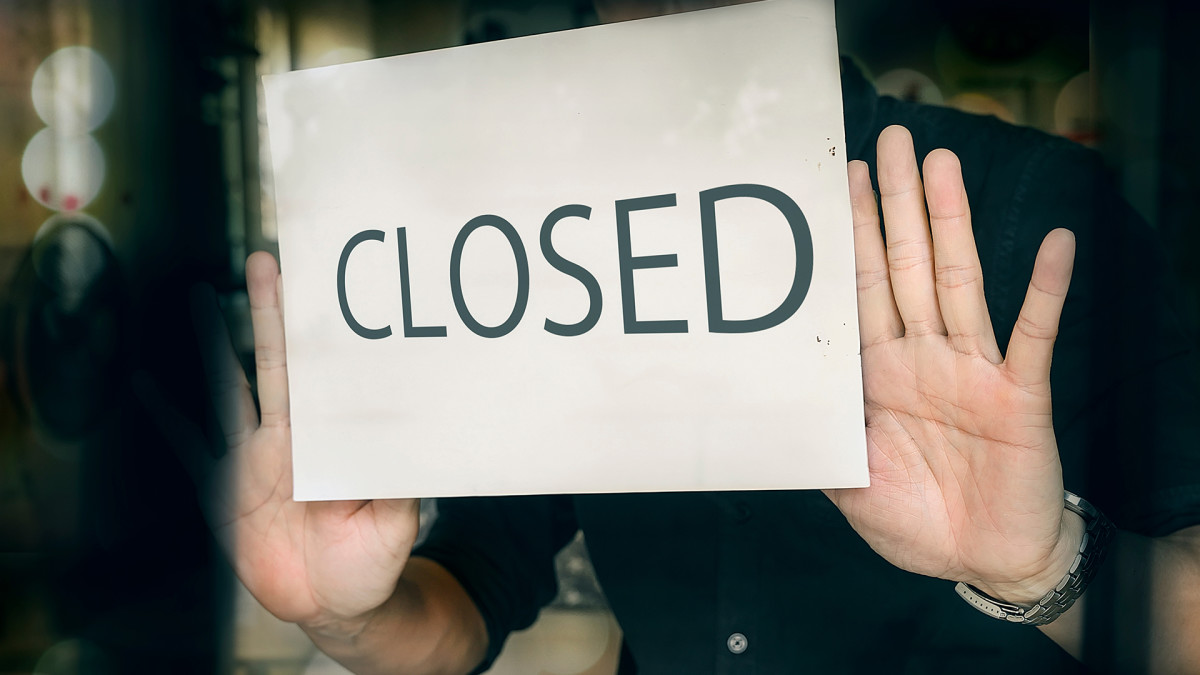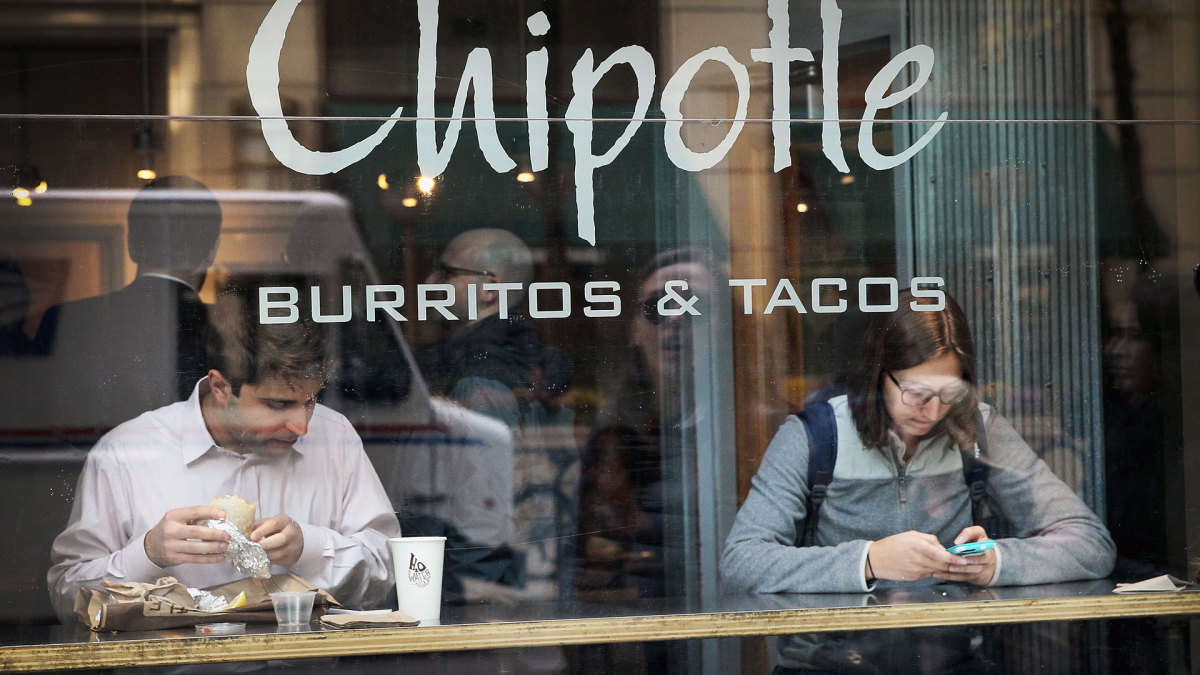
The restaurant business has always created a lot of victims.
Eateries and chain restaurants sometimes fail not because they're not doing a good job or because their food's not good but because tastes have changed or populations have shifted.
For example, when Chipotle first became popular, it stole business from casual sit-down restaurants and lower-end fast-food chains. The emergence of the higher-quality fast-casual concept was bad for chains like Applebee's and IHOP, which arguably served lower quality food at higher prices.
Related: Costco opening a different kind of store with plans for more
In addition, the covid pandemic devastated demand for certain chains and locations. Hundreds of Starbucks, Dunkin', and local coffee shops were built in order to be near businesses. Once those offices closed, with some reopening only a few days a week, those locations lost their source of customers.
The same thing happened to a lesser extent as the population shifted from northern cities to warmer climates. There's nothing a restaurant can do if it's not a destination and people no longer live or work nearby.
In many cases, those shifts, along with continued pricing pressure, forced numerous local restaurants and a handful of large fast-food franchise operators out of business.
Restaurant Brands International's (QSR) Burger King lost several hundred stores across multiple franchisees to bankruptcy filings and had to step in and purchase some stores to keep them open.
Now, a casual dining chain that operates multiple chains has also decided to close a large amount of restaurants.

Image source: Scott Olson/Getty Images
The bloom is off some Bloomin' Brands locations
Bloomin' Brands (BLMN) , which owns Outback Steakhouse, Bonefish Grill, Fleming's, Carrabba's Italian Grill and Aussie Grill (a spinoff of Outback), had a solid quarter and a profitable year. The company earned 45 cents a share in the fourth quarter, down slightly from a year earlier.
Sales slipped 0.3% at Outback Steakhouse, 3% at Bonefish Grill, and 0.3% at Fleming's. Carrabba's sales increased by 3% and the entire U.S. portfolio saw a 0.2% drop for the quarter.
Bloomin' Brands Chief Executive David Deno seemed reasonably happy with the results in his remarks in the earnings news release.
“As we head into 2024, we remain focused on elevating the guest experience that in turn will drive sales and profit growth [at all] of our brands,” he said.
The company, however has decided to take aggressive steps to right-size its portfolio and end the drain of underperforming stores. It will be closing 38 U.S. locations and three international ones.
Here's why Bloomin' Brands is closing locations
Deno talked about the closures during the company's earnings call with analysts.
"Next, let me comment on our restaurant closure initiative. We periodically review our asset base and in our latest review, we made the decision to close 41 underperforming locations. The majority of these restaurants were older assets with leases from the '90s and early 2000s," he said.
Deno explained the choice to close the stores as being somewhat routine and driven by the bottom line and the long-term health of the company.
"This decision considered a variety of factors, including sales and traffic, trade areas, and the investments that would have to be made to improve the restaurants," he added.
Of the 41, he specified only that 5 Aussie Grill outlets would close.
The CEO also made clear that he saw the closures as a positive for the company.
"Despite this initiative, our confidence in our portfolio remains high, as we plan to open 40 to 45 new restaurants across the system in 2024," he added. "These are promising trade areas with great potential. It's critical to add that these closures are not a reflection of the hard work of our team members."
Most of the affected workers, he said, would be offered the chance to transfer to other stores. Severance will be offered to employees who choose not to transfer or who can't find an appropriate opportunity.
Related: Veteran fund manager picks favorite stocks for 2024







